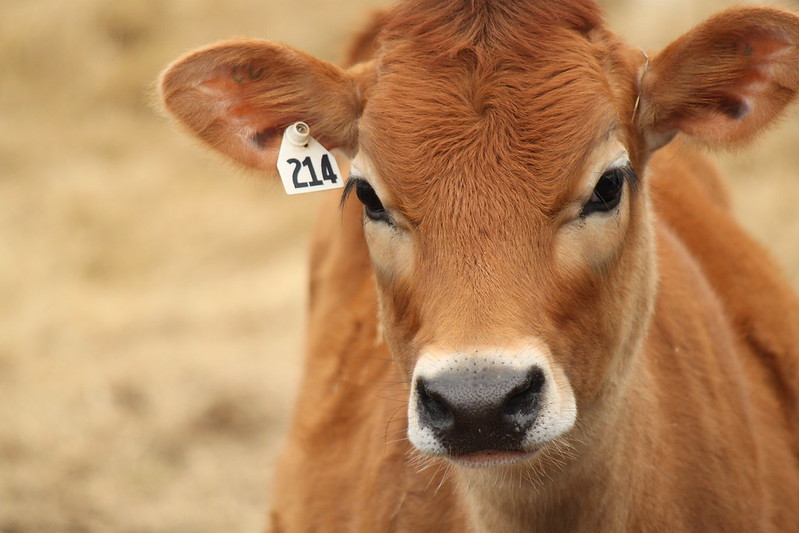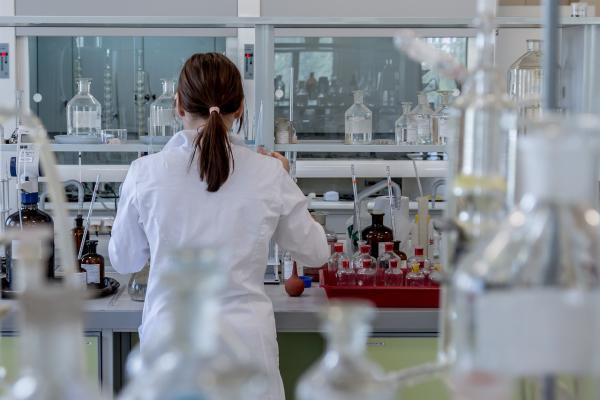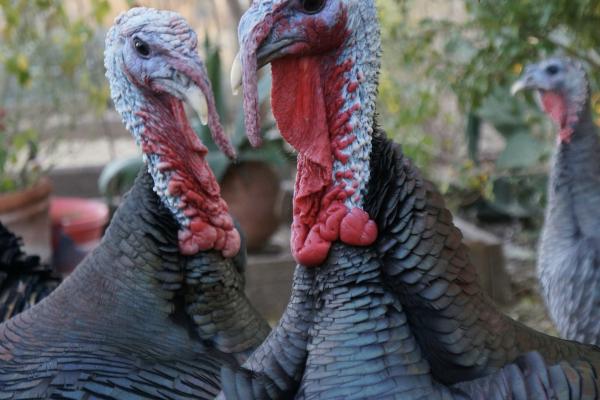Research roundup: Can giving immune stimulants around transportation reduce disease in dairy calves?
December 2, 2020

A team of researchers led by Luciano Caixeta, DVM, PhD, recently published a study that found administering an immune stimulant (IS) prior to transportation reduced the likelihood of treatment for respiratory diseases during the first 30 days of life. Transportation is associated with the occurrence of diseases, and disease occurrence during the rearing period of dairy heifers can be related to milk production issues during a cow’s first lactation. This study looked at the effects of administering IS around the time of transportation on health scores, disease treatment, and mortality of Jersey and Jersey-cross calves. The calves in this study were randomly assigned to one of three groups: a control group that received a saline inoculation, a group that received the IS injection before transport, and a group that received the injection after transport. The researchers found that IS administration prior to transport led to a marginal decrease in mortality during the rearing period compared with calves that did not receive IS. However, the IS treatment did not significantly improve health scores or the likelihood of disease treatment during the rearing period. Further investigations of the effectiveness of immune stimulants, particularly in terms of disease duration, is necessary, the scientists say, to enhance this research. This work was supported by NovaVive, Inc. and the American Jersey Cattle Association Research Foundation.
Read more in the paper published October 14, 2020, in Frontiers in Veterinary Science.
Photo courtesy of egrego2 on Flickr


